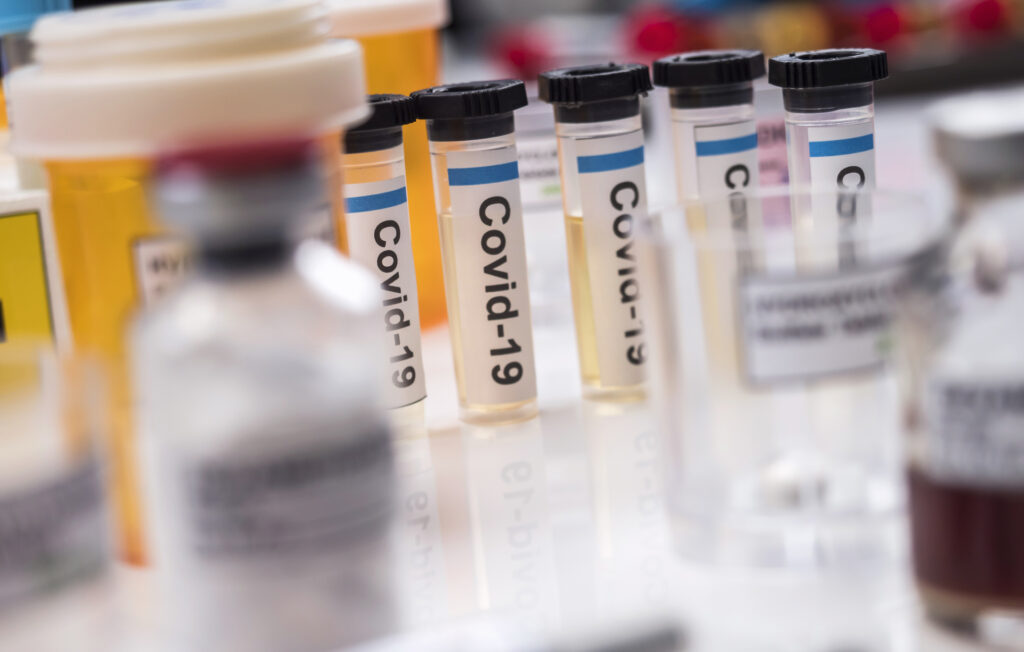Answering Important Questions About Antibody Testing

As businesses and non-essential medical providers begin the process of reopening here in Oregon and around the U.S., we will all start the process of once again leaving home to visit places like our biomimetic dental practice in Denver. Even as reported cases of COVID-19 continue to decline, it’s still possible to contract the virus and never know it. That’s because not all infected individuals develop symptoms. However, gaining a better understanding of just how far the virus has spread, medical experts need to know how much of the population has previously acquired the disease, whether they realized it or not. Fortunately, fast blood could provide the answer to that question.
Antibody tests may hold the key to providing health experts the information needed to determine just how far and aggressively the virus has spread across the U.S.
What is an Antibody Test?
Let’s answer that question by taking a basic look at immunology. Whenever our bodies encounter a foreign virus, the immune system goes about attacking the virus until it’s eradicated from the body. In the process of battling the virus, the body produces antibodies. An antibody is a Y-shaped protein produced by the immune system designed to neutralize harmful pathogens like viruses and bacteria. By developing antibodies to specific types of illnesses, the body can develop a type of limited immunity when exposed to that virus or bacteria again.
When you take an antibody test, you’re not looking for the presence of the virus itself, but rather the antibodies for COVID-19. By determining whether your body has responded to this specific infection, health experts can determine months later whether you were previously exposed and infected.
How is the Test Administered?
In order for the test to work, you need to provide some blood, usually through a finger prick. A lab will then test for two types of antibodies. If found, the antibodies will not only tell whether you were exposed, but also can provide a rough estimate of whether your infection was recent.
It’s important to remember that even if you test positive for antibodies to COVID-19 that’s not the same as being immune to the virus. Currently, researchers don’t know how long antibodies might protect a host from future infection. It’s possible that antibodies only provide limited protection, or protection for a limited amount of time.
Is it Worth Getting Tested?
Yes. Getting tested for COVID antibodies offers two important benefits.
One, broader testing will enable health experts to better predict and model how far the disease has already spread across the U.S. Reopening business like our biomimetic dental practice in Denver becomes easier if health experts have a more complete understanding of just how prevalently the virus has spread in certain communities.
Second, individuals who have fully recovered from COVID and test positive for antibodies can volunteer to donate plasma through the National COVID-19 Convalescent Plasma Project. Having recovered from the virus, your plasma may have the potential for helping patients currently fighting the virus recover or recover more quickly.
Where Can I Get a Test?
Currently, antibody testing isn’t widely available. However, the FDA is in the process of approving antibody tests you can use at home, and has just approved the first test for at-home use. However, only one manufacturer has currently been approved to make the test, so it could be a while before the availability of testing becomes widespread.
How Reliable Are These Tests?
Early antibody testing has encountered a lot of problems. Some early estimates say that up to 50 percent of at-home antibody tests will deliver a false positive. A false positive occurs when a test inaccurately detects the presence of antibodies when none exists. This can become potentially deadly should individuals change their social distancing patterns based on the erroneous belief they’ve already been exposed and recovered.
It’s important that you only use FDA approved tests when determining whether you’ve been exposed at home. The FDA has promised to crack down on manufacturers selling inaccurate tests. But until then, be very careful about where you procure a test, especially online.
